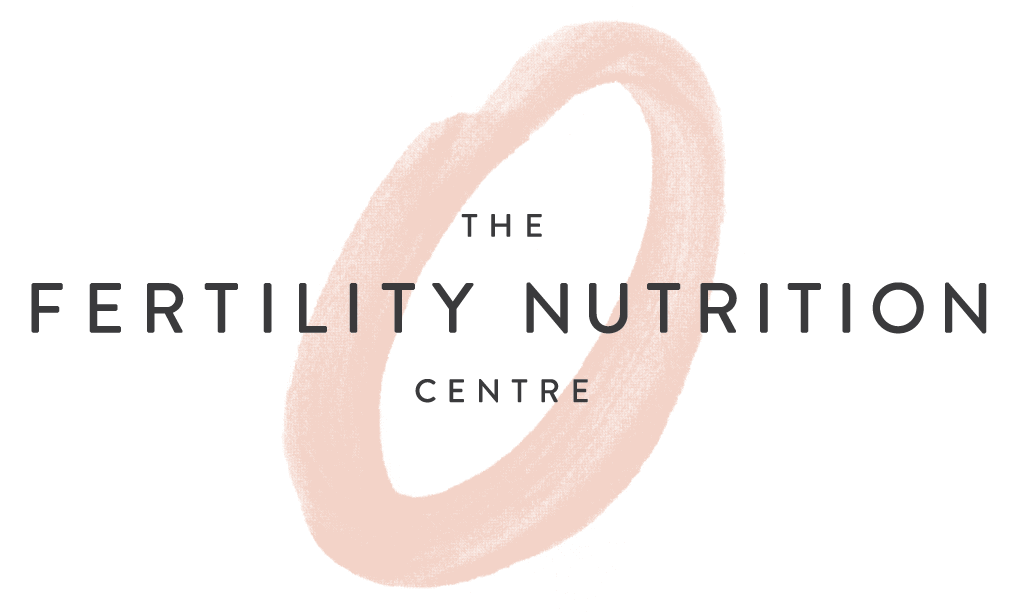SLEEP IS A NON-NEGOTIABLE, A TRUE CORNERSTONE AND FOUNDATION FOR GOOD HEALTH.
We human beings cannot sustain good health and efficient bodily functions (including our reproductive processes) if sleep is poor.
As Fertility Specialists, we see time and time again with our clients that good quality, rejuvenating sleep (or even, merely adequate amounts of) just isn’t happening.
BUT WHY ARE SO MANY OF US SIMPLY NOT GETTING ENOUGH SLEEP?
Well, before you start engaging that inner critic, we’ll begin by saying this. Today’s fast-paced ‘doing-it-all’ culture really doesn’t allow much room for prioritising sleep. Lives are busy, and jobs are demanding – and to some degree, the very idea of slowing down isn’t one that we might have grown up knowing as conducive to success or achievement. In other words, it can be quite engrained – it’s the work hard, play hard era where sleep has a minimal role!
We, therefore, ask you to go easy on yourself because there truly is society-wide conditioning at force here, and that is hard to unpick.
But it’s not unachievable, and the benefits can be pretty awesome!
SO WHAT HAPPENS WHEN WE SLEEP?
A number of biological functions and processes occur during sleep. And, without these functions, the body simply won’t operate correctly.
While we’re asleep, our body’s got to work hard doing all manner of restorative things.
For example, sleep impacts our metabolism, which is how we use, store and save energy, and therefore a lack of good quality sleep can impact how and what we choose to eat based on how our body is metabolising available resources. Our body’s insulin function is also potentially supported by how well we sleep, and this protects against insulin resistance, which helps our cells use glucose (sugar). Our metabolism and insulin functions are, therefore, closely associated with weight management.
The brain requires sleep in order to reorganise our nerve cells, a little like a tidying up and decluttering of the day’s toxins or ‘waste’, which then helps us with all our day-to-day thinking, decision-making and creativity – hence the reason why a good rest leads to more productivity.
Our cells restore when we sleep and especially when we are getting a night of good sleep. This dictates muscle repair, the utilisation of nutrients through the body, and the production of all our necessary hormones.
Good quality sleep is closely connected to good heart health and a strong immune system…need we say anymore?
And, it’s not just the physical that is affected. How we sleep is also closely linked to our emotional health. Therefore, that grumpiness we experience after just a few hours of shut-eye is a biological response to lack of sleep. But also, this lack of good rest is diminishing our abilities to tackle stress or difficulties – resilience and adaptability are lowered.
HOW DOES SLEEP IMPACT our FERTILITY?
Sleep plays such a vital role in reproductive function. When we sleep at night, the body produces all manner of essential and repair hormones. And the balance of the hormones being produced is essential. If one aspect is out of kilter, it pretty much knocks everything else out as well.
But what is key to our understanding of the importance of sleep is what we know about the body’s natural sleep and wake cycle AKA the circadian rhythm. The circadian rhythm is kind of like a 24-hour production and usage cycle of hormones – cortisol and melatonin. Both of these are necessary for regular ovulation, together with other reproductive hormones like oestrogen and testosterone.
When the circadian cycle is interrupted (through sleep deprivation), the body responds by producing more stress hormones (cortisol); this is bad for overall health and can throw off levels of others. This imbalance can be particularly impactful for those with PCOS, so harmonising with and embracing your natural circadian rhythm can ber very, very helpful.
Melatonin is secreted at night; we know it as the ‘sleep hormone’ and one of its jobs is to tell the body that it is time to go to sleep. Melatonin is produced through the night as we sleep and turns off in the morning. In the instance of fertility, melatonin production is also important because it protects our eggs from stress and acts as a powerful antioxidant within the egg cell and helps to improve egg quality. Melatonin also controls the release of other reproductive hormones like LH and FSH, and helps with the implantation of an embryo. So, it is important not to disrupt the melatonin cycle in the body.
SO, YOU KNOW YOU’RE NOT SLEEPING WELL. WHAT EXACTLY CAN YOU DO ABOUT IT?
The GREAT news is that is possible to improve sleep quality. In fact, there are many things that can help and introducing some basic tweaks can have a profound and even life-changing effect on how well we sleep, and also fertility.
Firstly, take a moment to consider how good you feel after a good night’s sleep (even if you can’t remember when was the last time you had one!). We’re certain that the feeling of waking up properly rested is something you’d welcome.
We regularly suggest the following to our clients to support better sleep:
- CREATE ROUTINE: Try to get to bed each night and rise each morning at the same time. Consistent wake-up and bedtimes will communicate to your internal body clock when to expect its rest and rise periods and therefore encourage the production of the right amounts of essential hormones.
- EMBRACE NATURE: Get outside each day. Fresh air and natural sunlight are so helpful to the circadian rhythm. It has been proven many times in clinical studies that getting outside, especially at the start of the day is a natural de-stressor and can have a positive impact on how we feel throughout the day and towards the evening and, therefore, towards hormone production in preparation for sleep.
- AVOID BLUE LIGHT: Reduce your screen time in the evening and first thing in the morning. Do not underestimate how detrimental the blue light of the screen can be to your ability to sleep well. The light hits the back of the eye (the retina), which sends information to the brain. The knock-on effect creates disruption and imbalance and impacts hormones and fertility (improving sleep can lead to a more regulated menstrual cycle). Blue light-blocking glasses or an app which blocks blue light could help, but without either of those, the ideal would be no screens 2 hours before bedtime.
- EAT A BALANCED DIET: Eat more protein in the morning to balance blood sugars and avoid energy dips later in the day. That bowl of plain oats or granary toast is absolutely good for you, but there is a lack of protein in both. Try adding some seeds, nuts, yoghurt, or eggs to your morning plate and steer your body towards more balanced meals to avoid spikes and dips. Balance is key!
- AVOID STIMULANTS: Cut back on coffee, tea, alcohol and sugar. All will be impacting your blood sugars and energy levels throughout the day and, therefore, your ability to achieve a good night’s sleep. No need to go cold turkey, but some simple swaps will definitely help and lead to more natural tiredness towards the evening.
TAKING ACTION
In summary, our biggest (and bonus) tip is to aim for small steps instead of dramatic changes when applying any of the above. Setting major targets or a complete overhaul of your routine is potentially not going to work. We always recommend a ‘slow and steady’ approach, be realistic with your goals, and you’re more likely to make progress.
There are many other things you could try, but these are proven strategies and simple basics to try as a starting point. Overall, finding what works for you is always going to be key to improving your health and well-being. Use these tips as a guideline, but deciding to prioritise sleep and even respecting its value to your fertility and health is the first and most important step.
Next, listen to your body and be open to trying things out over a week or so; you may find just one tweak to your routine makes a huge difference in how you sleep. Or you might find that it’s a little more tricky, and perhaps you need some further support in locating a deficiency or an underlying condition that might need tackling.
The important thing is to believe that improvement is possible and to work out the specific thing/s that are helpful to you.
The message may be lost amongst the noise of modern-day life, but don’t underestimate the power of good sleep or your body’s ability to achieve it. And it’s important to highlight as well, that sleep isn’t just for women. Poor sleep, or not enough sleep, is one of the main causes of low testosterone in men, and symptoms can be a lack of ‘get up and go‘ or low sex drive, as well as poorer sperm parameters.
The solution is straightforward – more sleep for everyone can only be a good thing!
fnc recommended Further reading: Matthew Walker’s – Why We Sleep.




